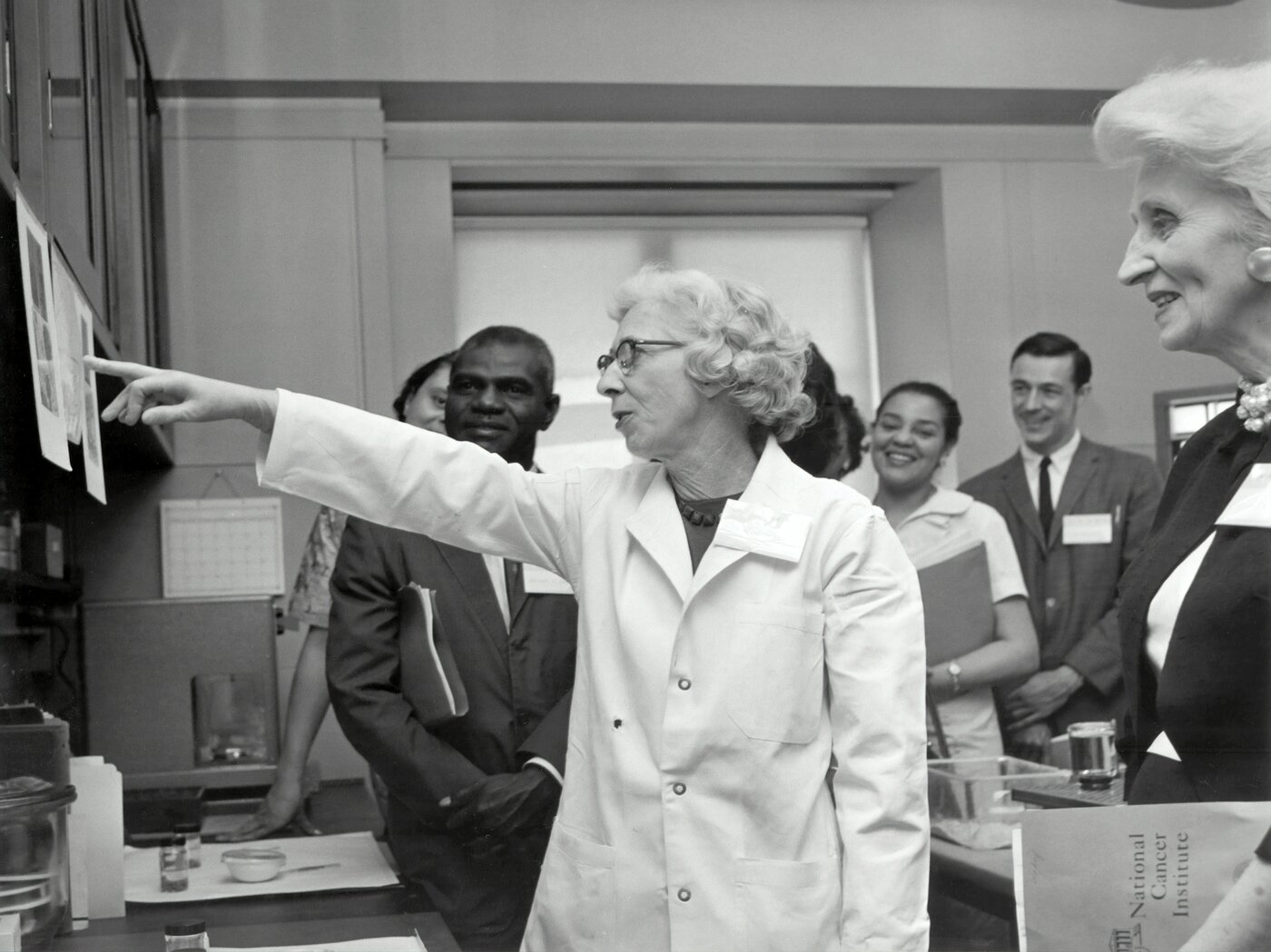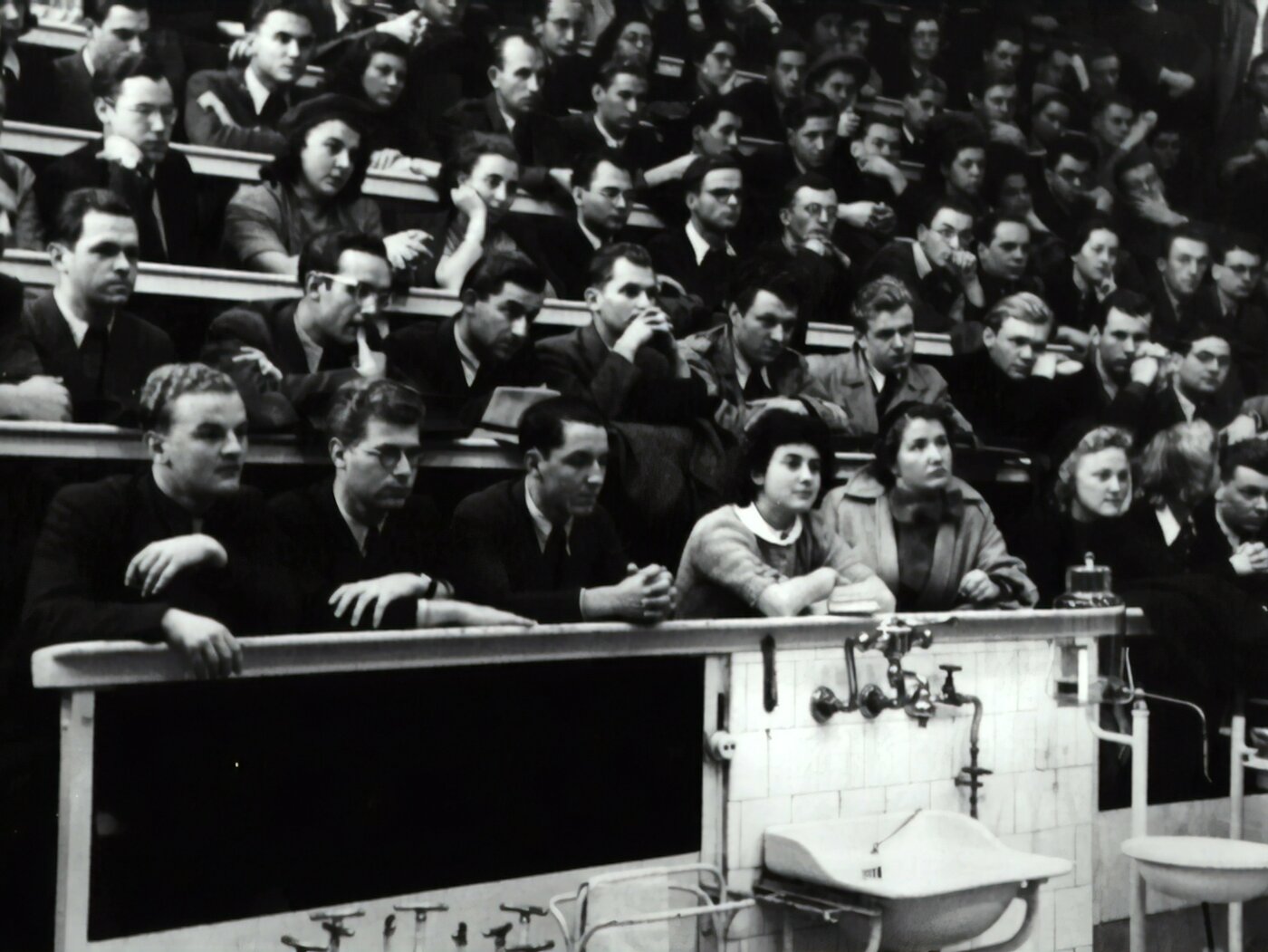
The ‘intellectual migration’ of the 1930s to America and the United Kingdom constituted a considerable brain-drain from Nazi Germany and the territories it was threatening. Transferring a wide variety of expertise and skills into new academic settings, it fundamentally altered the course of twentieth-century knowledge-production and the history of many academic disciplines, from nuclear physics to art history.
Little known and considered, however, is that the ‘intellectual migration’ was also an exodus of female talent. Many women who had been among the first to receive a university education in the early decades of the century now saw themselves under pressure from a new ideology that valued them mainly in terms of their reproductive function – either fulfilling the ethno-nationalist dream of propagating a ‘pure’ German race or threatening this disturbing ideal. Moreover, many academic women were working in areas that the Nazis eyed with suspicion: sociology, psychology or psychoanalysis had come under scrutiny at the universities, and many research-institutes were threatened by closure or take-over. Even women in, for example, the Kindergarten-movement were no longer safe, their ideas on childhood development seemingly a challenge to a regime bent on authoritarian ‘Gleichschaltung’. For female thinkers, intellectuals, and academics, gender, research-interests, and, all too often, racial bias intersected to subject them to exclusion and persecution. And whilst their exile-destination offered them a safe haven from immediate bodily and mental harm, they were here confronted with a harsh and overstretched academic sector and the ongoing patriarchal politics of the intellectual world. British women themselves, such as Virginia Woolf, had already observed the inequalities of the academic sector and the prejudice intellectual women still encountered. For exiles, language-barriers and tough competition over few posts exacerbated the situation, and many lacked contacts and networks.
This research project looks at the ways in which women defied the odds to establish themselves as intellectuals, leading contributors to their fields, and, sometimes, public figures known beyond the confines of academia. It asks how they managed to secure their positions, lead their own research institutes, how they worked intellectually, and how they made an impact. My research focuses on the sociological, psycho-sociological, and psychoanalytical work undertaken by women at the time, both within universities and at external institutes. Many of these women contributed to pioneering research on authoritarianism and the way that society had been affected by it. Many, but not all of them, also emphasized the female perspective in particular, and part of this project is to understand where this historical moment fits into a larger story of women’s and feminist history, and how it intersects with a women’s movement that was often active in research, too.
At the same time, the project is interested not only in what intellectual work these women undertook, but how they did it. How did their lives as female intellectuals intersect with wider gendered assumptions about work and social positions? What networks and contacts were available to them? To what extent should we understand their work as limited to national contexts or ‘exile’, and in how far were they involved in transnational exchanges and, particularly after the war, a transfer of ideas back to Germany?
This leads to bigger questions about our understanding of intellectual labour and the gendering of the concept of the intellectual as such. The project thus understands itself not only as an intellectual history of these women, but as a social history of the intellectual in the mid-twentieth century.

 Intellectual Lives and Gender in Exile
Intellectual Lives and Gender in Exile